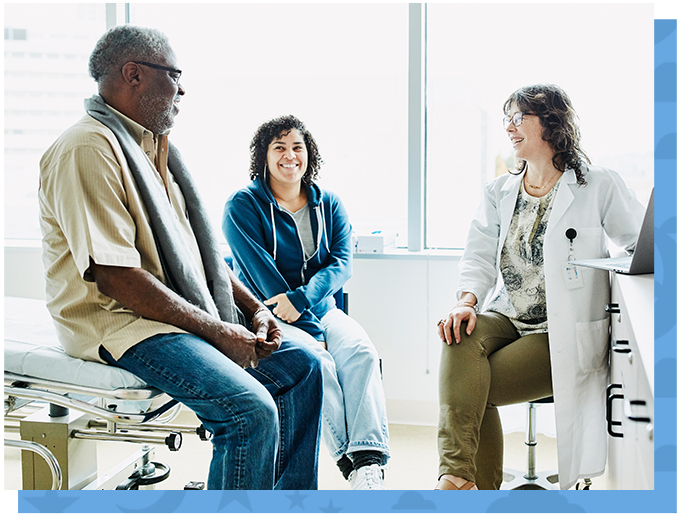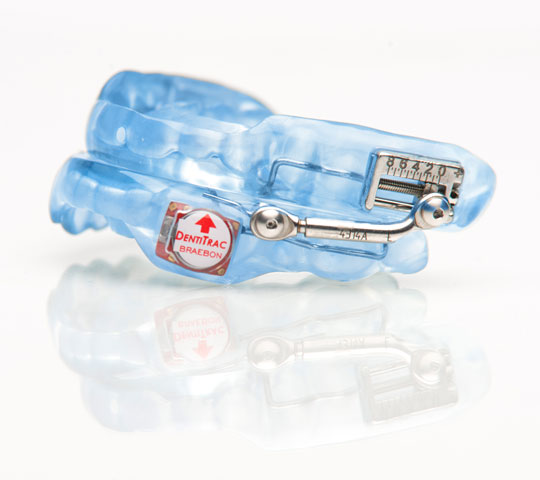
What Should I Do If I Think I Have Sleep Apnea?
If you believe you may be at risk for Obstructive Sleep Apnea (OSA), your first step is to speak with a physician or sleep disorder specialist who will evaluate your symptoms and determine proper testing to diagnose a sleep disorder. This likely will include some form of a sleep study. If needed, we can help you find a trusted sleep physician in the Twin Cities.
A sleep disorder specialist will likely ask you to complete a validated screening form to identify if you are at high-risk for OSA. The Epworth Sleepiness Scale will identify daytime drowsiness. The STOP-BANG will identify health and physical factors increasing your risk for OSA. Screen yourself today!
What is your risk level for Obstructive Sleep Apnea?
Obstructive Sleep apnea (OSA) is a serious condition that affects more than 20 million Americans and the majority are undiagnosed and unaware of their condition. Typical symptoms of OSA include heavy snoring, excessive daytime sleepiness or fatigue, difficulty with concentration or memory, among many others. Untreated, sleep apnea can lead to serious health consequences.
Take the following tests to help determine if you’re at risk of having Obstructive Sleep Apnea:

Treatment Options
After diagnosis of Obstructive Sleep Apnea, your physician will discuss treatment options which may include a dental sleep appliance, especially if you are diagnosed with mild to moderate OSA. These devices treat OSA by moving and retaining the lower jaw slightly forward which helps keep your airway open. These devices are known as Mandibular Advancement Devices (MAD) and consists of a small acrylic device that fits over the upper and lower teeth. The device is custom fabricated for each individual patient.
Benefits of Mandibular Advancement Devices:
- Less restrictive than other treatments
- Less equipment and maintenance
- Easy for travel
- Well tolerated and better compliance than other treatments
- Great option for mild and moderate OSA, as well as snoring
- Alternative option for those who have poor tolerance to CPAP